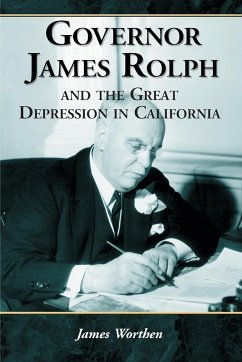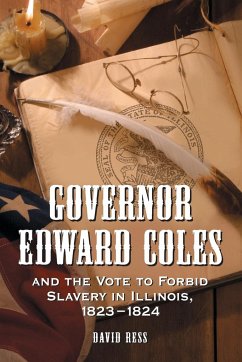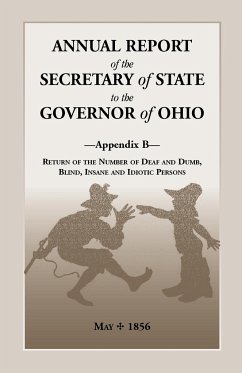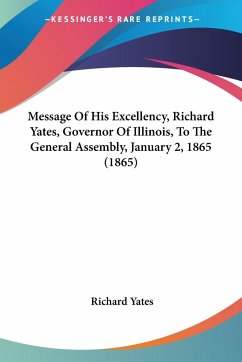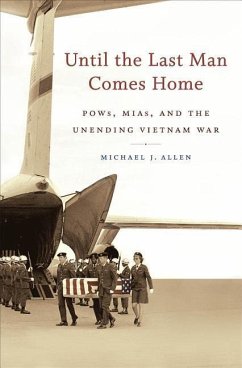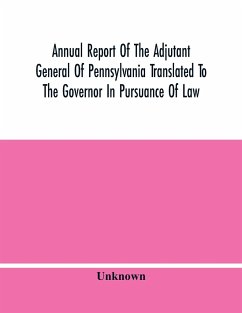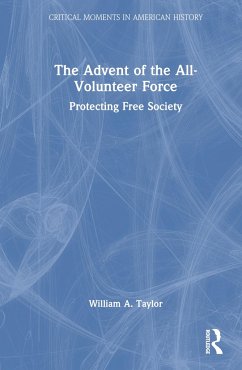
The Good Governor
Robert Ray and the Indochinese Refugees of Iowa
Versandkostenfrei!
Versandfertig in 1-2 Wochen
34,99 €
inkl. MwSt.

PAYBACK Punkte
17 °P sammeln!
After the Americans withdrew from the Vietnam War, their Indochinese allies faced imprisonment, torture and death under communist regimes. The Tai Dam, an ethnic group from northern Vietnam, campaigned for sanctuary, writing letters to 30 U.S. governors in 1975. Only Robert D. Ray of Iowa agreed to help. Ray created an agency to relocate the Tai Dam, advocated for the greater admission of ""boat people"" fleeing Vietnam, launched a Cambodian relief program that generated $540,000, and lobbied for the Refugee Act of 1980. Interviews with 30+ refugees and officials inform this study, which also ...
After the Americans withdrew from the Vietnam War, their Indochinese allies faced imprisonment, torture and death under communist regimes. The Tai Dam, an ethnic group from northern Vietnam, campaigned for sanctuary, writing letters to 30 U.S. governors in 1975. Only Robert D. Ray of Iowa agreed to help. Ray created an agency to relocate the Tai Dam, advocated for the greater admission of ""boat people"" fleeing Vietnam, launched a Cambodian relief program that generated $540,000, and lobbied for the Refugee Act of 1980. Interviews with 30+ refugees and officials inform this study, which also chronicles how the Tai Dam adapted to life in the Midwest and the Iowans' divided response.




